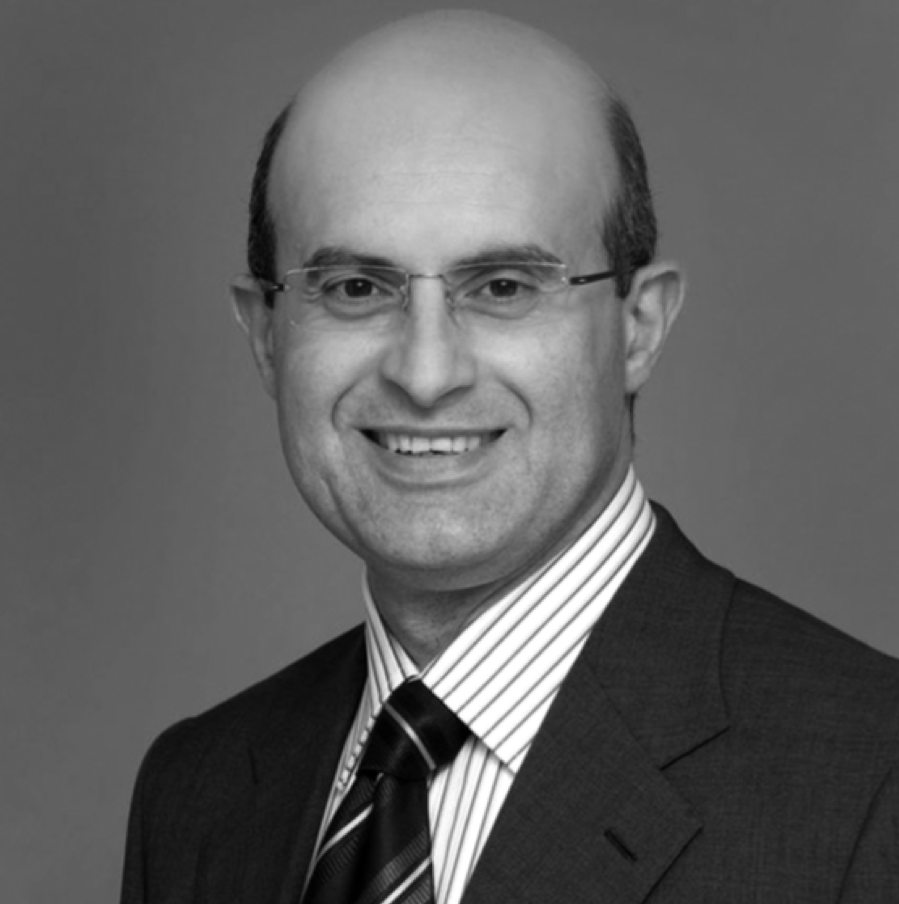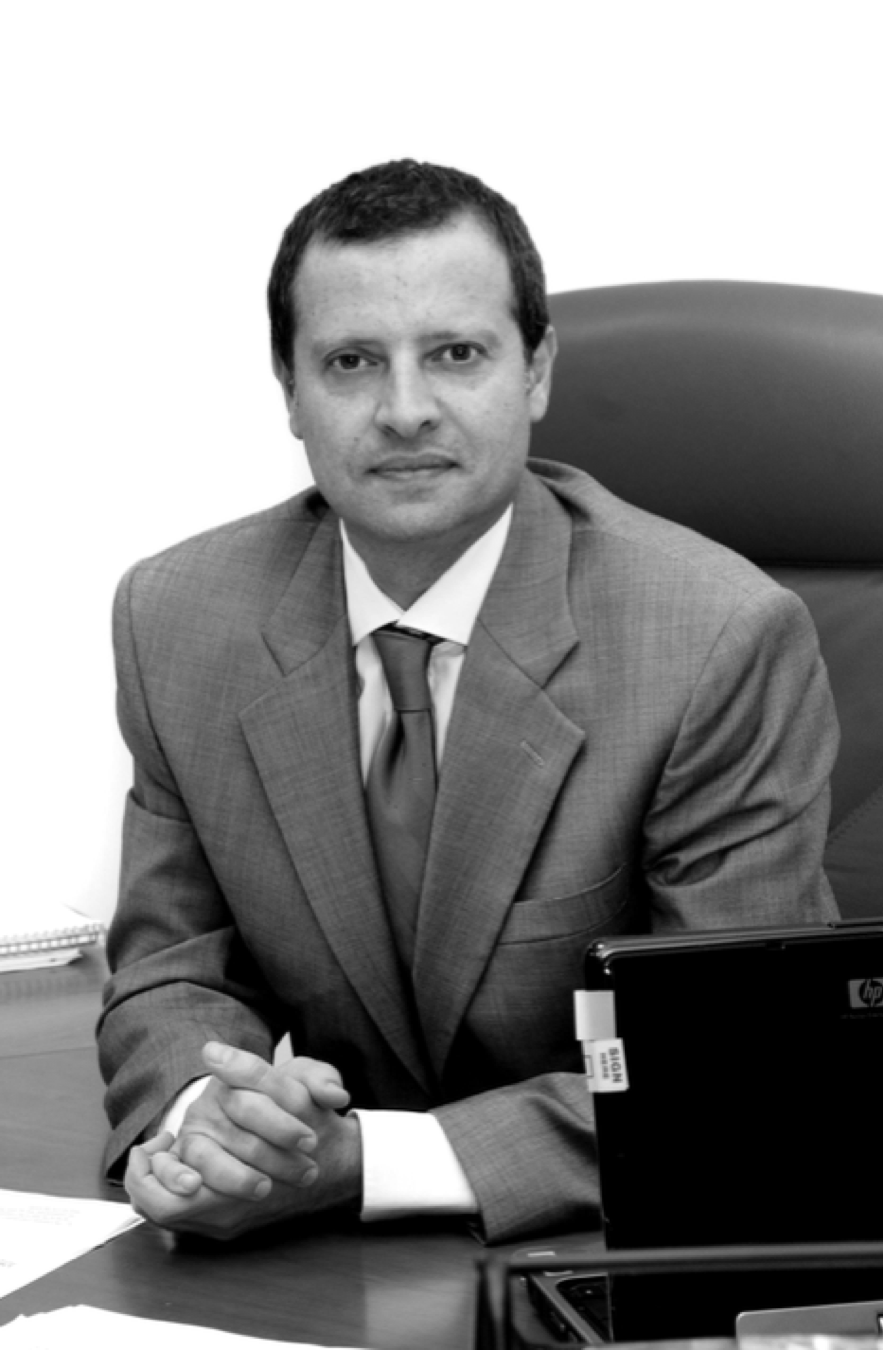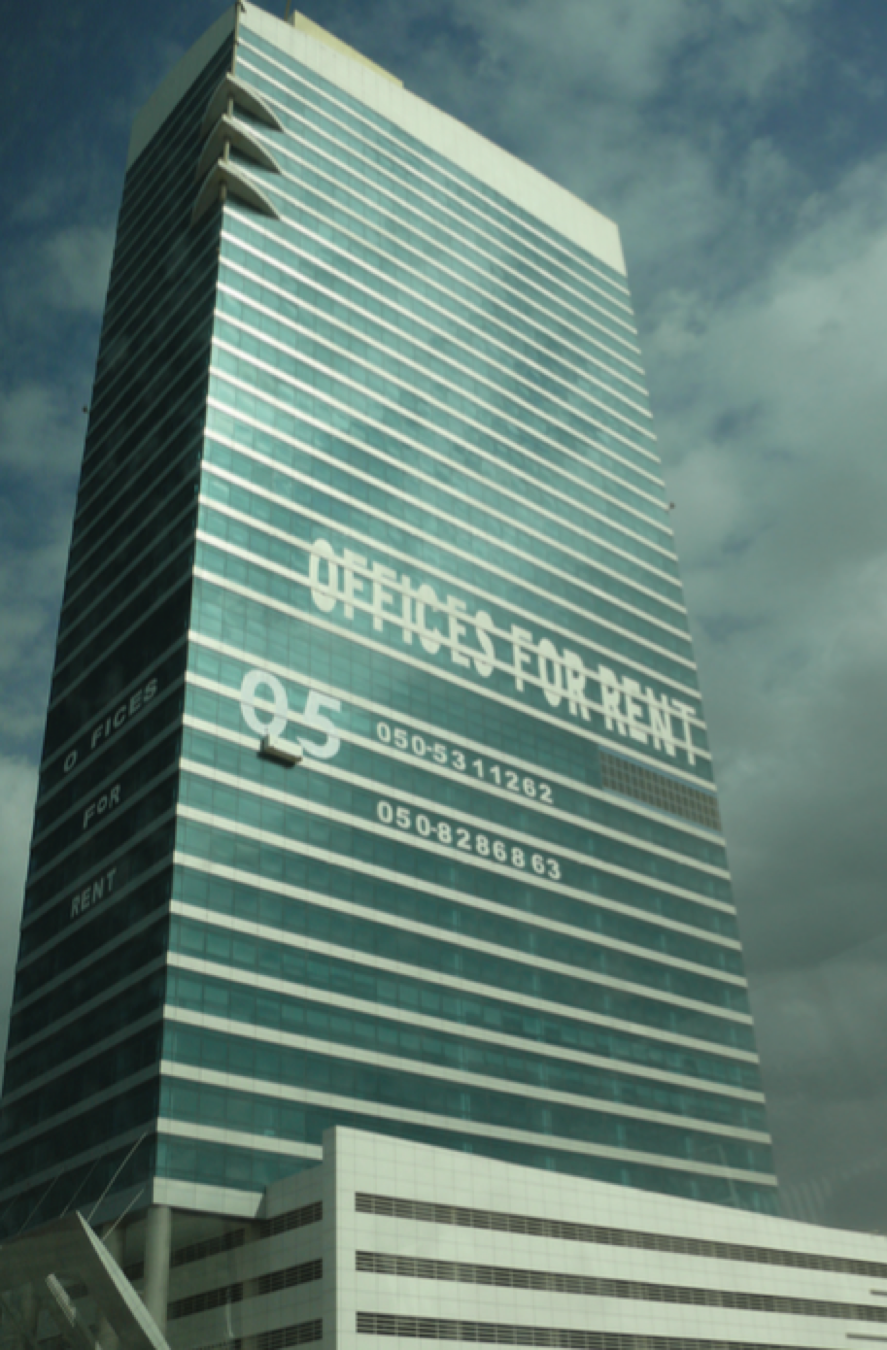Up until the onset of the current economic downturn, private equity “global masters of the universe” extended their reach far beyond their home countries. American private equity funds first rolled into Europe and then into the Asian Tigers and Japan. Thereafter, PE funds had country funds focused on China and India, and claimed these countries to be like home. Finally, in 2007, David Rubenstein, head of the Carlyle Group, one of the largest global PE players, called Dubai the fourth capital of global private equity, following New York, London, and Hong Kong. This ushered the beginning of a (short-lived) era of globalizing the private equity business in the region.
All the big names in the industry like Blackstone, KKR, TPG, Investcorp and TVM followed the leadership of Carlyle. Only a couple were committed and knowledgeable enough to raise a dedicated regional fund. Some serious players formed regional teams, backed by capital from other existing funds to test the waters and scout the region for deals. Others, like Credit Suisse and 3i, teamed with local managers. And the least committed group increased their attendance at the then-proliferating number of PE conferences in the hope of meeting a representative of that rare breed of deep-pocketed limited partnerships called sovereign wealth funds.
The lessons learned from the current crisis are many, and I will not attempt to list them here. But first and foremost, investors and financial institutions have realized that identifying, assessing and managing risk is a local business. An army of consultants and investment bankers are no substitute for the “nose” of a seasoned local analyzing risks within the local legal, financial, economic and social context of the deal. The era of an Emirati banker investing in a deal in Poland has ended — at least until the pains of the recent crisis fade from our memory.
MENA funds raised or announced by Western PE players

The true picture of a typical regional deal is an imperfect puzzle you need to assemble piece by piece, and the pieces will rarely all fit together. Practice prevails over law in many instances, and conflict resolution, through courts or otherwise, is a pain you try to avoid. Governments will publicize their intention to facilitate investments, but many laws and regulatory practices remain prohibitive. Take, for instance, an Egyptian law from the 1950s prohibiting corporations from extending for more than two years installments for capital goods, or a Saudi practice requiring all shareholders to notarize any amendment to the articles of association independent of the shareholders’ vote. Insightful financial due diligence is more an investigative and intelligence-gathering inquiry about the company and its owners from informal sources than a mechanical auditor-style exercise undertaken by the big four accounting firms.
This necessitates having teams that are street smart as much as they are suit smart. Understanding the local context is a prerequisite for successful negotiation, deal structuring and post-acquisition change. Teams who understand the region, speak its language and are plugged into the social networks have a natural advantage in assessing risk over imported talent. Risks as commanplace as crossing at a red light in Beirut or Cairo are digested differently by the local citizen than by foreign bankers!
The crisis has scaled back the global ambition of large PE players and may have (temporarily) de-globalized the industry. For now at least, successful local PE houses will hold the keys for private equity investing in this still-thriving region, and will see limited competition from the “global masters of the universe” sitting in London or New York.
Imad Ghandour is executive director at Gulf Capital
























